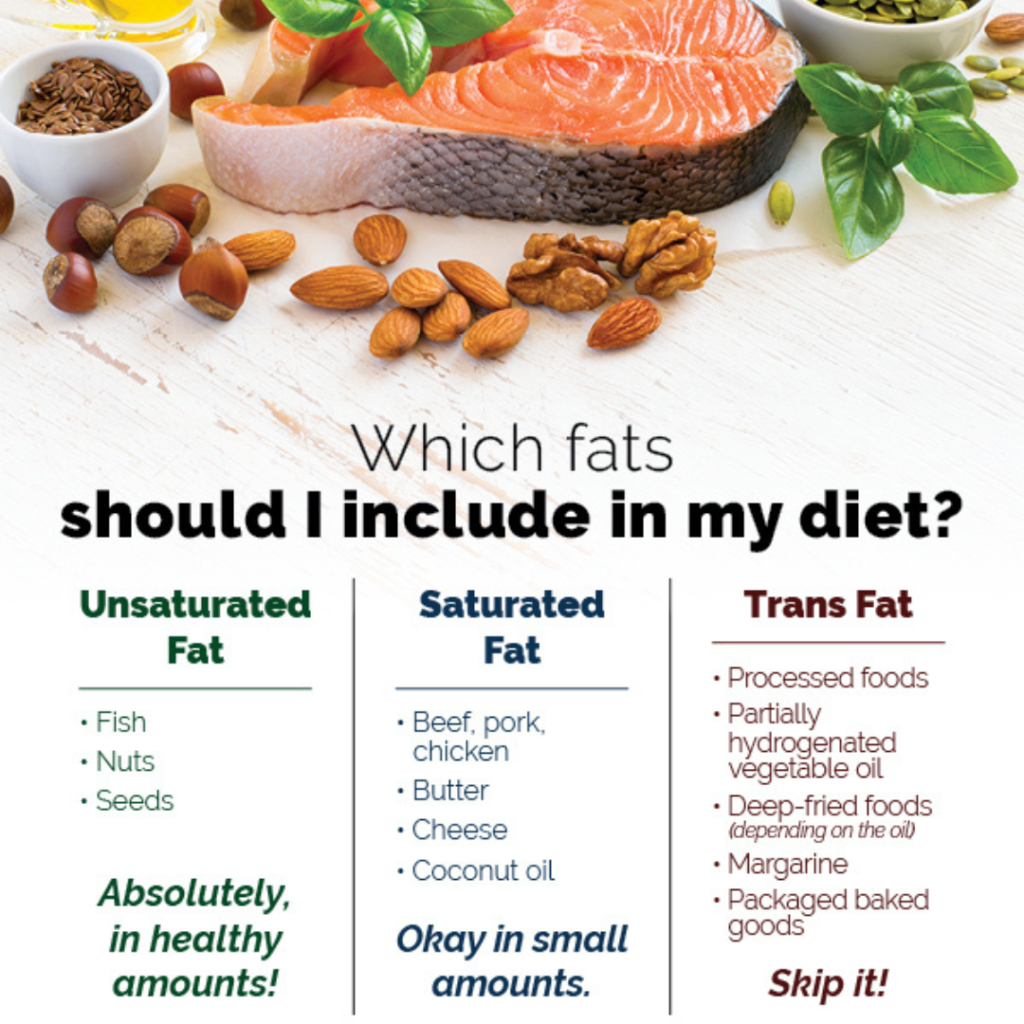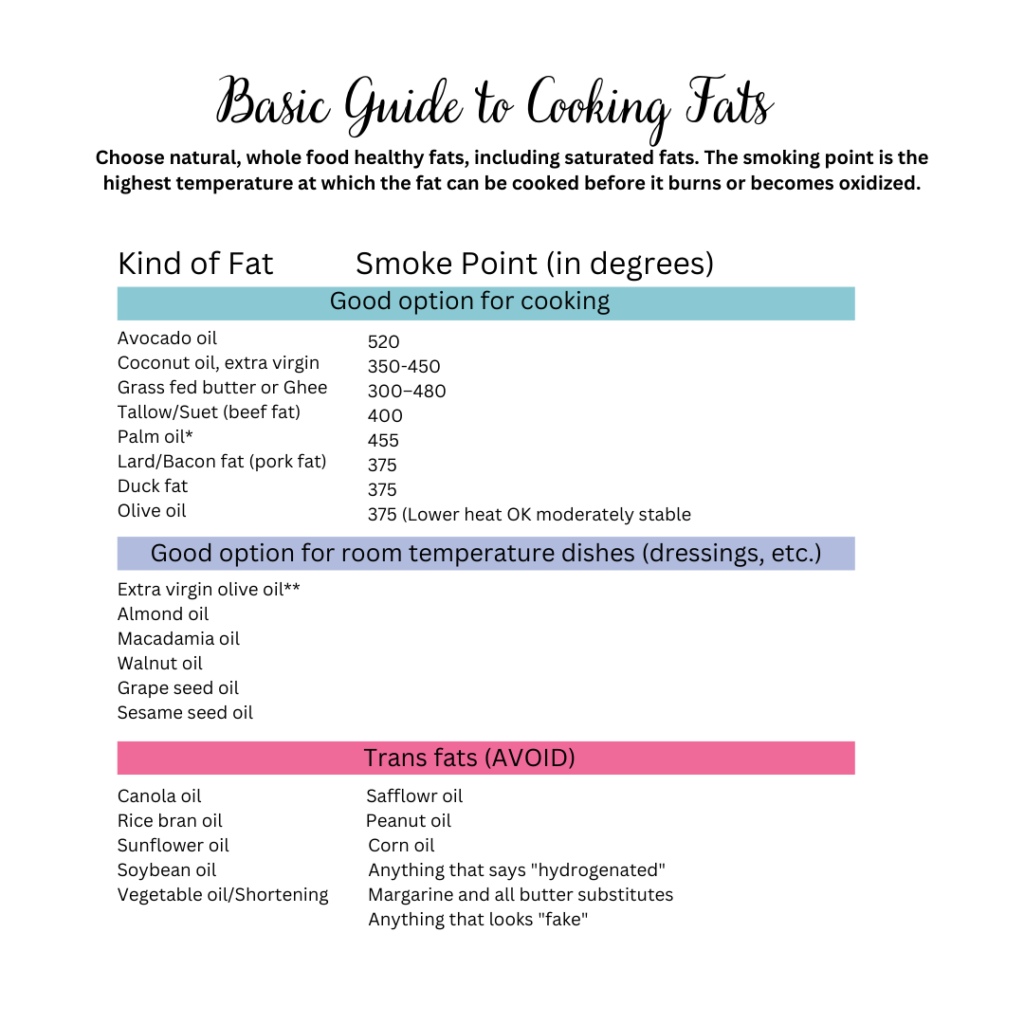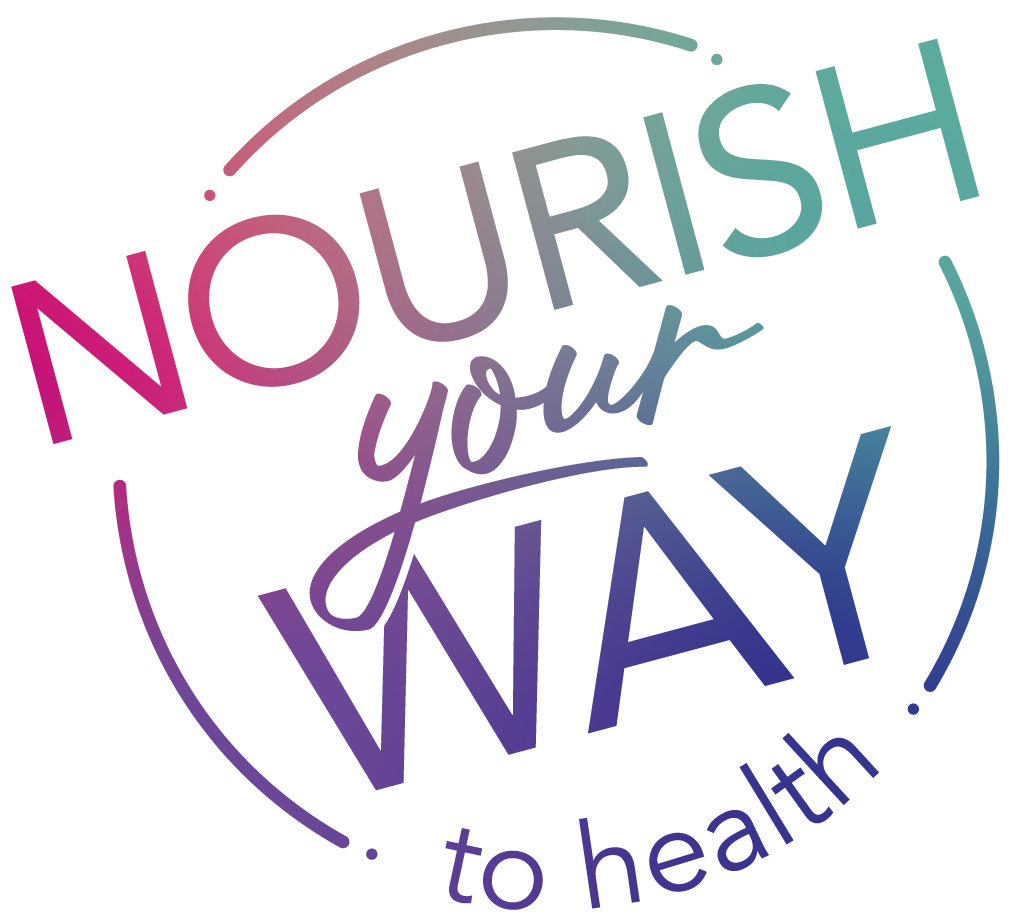
This post may contain affiliate links which means I may receive a commission from purchases made through my links. I will only recommend products I have personally used or would consider using.
What do you mean we need fats? Yes, it’s true! Our bodies require good fats to function properly. Most of us were taught fats are bad, especially animal fats, and that eating fat leads to an accumulation of fat in the body or that fatty deposits in the arteries will cause heart attacks. This is not true, according to Mark Hyman, MD. We were conditioned to believe that we should eat low-fat this and low-fat that. Turns out, the low-fat trend was the worst. This was a rage starting in the 1970s and what was taught for years. Low-fat foods are not always the healthiest choice. Many low-fat salad dressings, for example, most likely will cause more harm than good since most oils in these dressings contain trans-fats and have unhealthy additives like sugars and preservatives.
The good news on saturated fat is spreading, but it’s taking a while to reach everyone. Consuming fat from organic, pasture-raised, and wild-caught animals is actually a GOOD fat. The types of fats in your blood causing heart attacks are the ones that come from eating too much sugar and carbs, not fat.
The evidence in support of eating fats— traditional, unrefined fats from plants and animals—is overwhelming. We need fat for healthy membranes and for the making of testosterone and estrogen. Fats are also needed to regulate inflammation and metabolism. Sixty percent of our brains are fat, so we need it!
Survey your diet and allow the right fats and oils to improve your health from the inside out. Change the fats and oils in your household to optimal ones.
We now have the news knowing about good fats and bad fats. After doing much research on my own, I have found some wonderful resources that helped me understand this issue.

Good fats are needed for proper cell function and metabolism.
Fats are the building blocks for cell membranes, hormones, immune system function, and cardiovascular health. Fats also contain the most calorie-dense source of nutrition in your diet, so using the high quality fats and oils in important.
Two major categories of FAT: Saturated and Unsaturated
Saturated: Solid at room temperature. Examples include butter, coconut oil, and animal fats.
Unsaturated: Liquid at room temperature. Examples include olive oil and avocado oil.
Two types of unsaturated FAT: Mono-unsaturated and Polyunsaturated
Mono-unsaturated: Plant-based fats like olive oil, avocados, and certain nuts.
Polyunsaturated: Plant-based and animal fats such as salmon, and some nuts and seeds for example. Many include omega-3 and omega-6 fatty acids, which are both important for nutrition. On the Standard American Diet (SAD) many Americans consume too much omega-6 compared to omega-3 which creates inflammation in the body. Omega-3s are anti-inflammatory. The ratio of omega 6 to omega 3 can reach as high as 20:1. This can be the case for people who eat a lot of processed foods. Many of these unhealthy processed foods have a lot of unhealthy oils such as canola oil, corn oil, or vegetable oil. Healthy omega-6 include some nuts, seeds, and eggs.
Our ancestors consumed a healthy ratio of 1:1. This was a time when unrefined vegetable oils and processed foods where unavailable. The bottom line is that we need both omega-3s and omega-6s, but ideally from natural sources and with minimal processing. Healthy omegas come from meat that is pasture-raised and grass-fed. These healthy fats also come from pasture-raised poultry and eggs and from whole plant foods like avocados, nuts, and seeds.
The other FATS: Trans-fats: Highly processed and not recommended
Trans-fats are dangerous to your health because they raise your bad (LDL) cholesterol and lower your good (HDL) cholesterol. A diet laden with these fats increases your risk of heart disease and creates other complications. These consist of unrefined vegetable oils like canola, corn, vegetable, and peanut. Also avoid margarine, shortening, and anything else that looks “fake.”
GOOD COOKING OILS to BUY:
GOOD OILS for Room Temperature – salad dressings, etc.


Nourish your Way cookbook suggests all “good cooking fats”.
All in all, AVOID trans fats. They cause inflammation and have been linked to disease. Let’s nourish ourselves with the healthy fats!
Adrienne
xo
